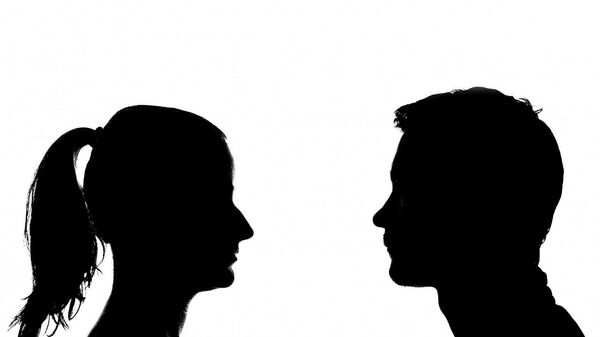A survey by the SOM Institute at the University of Gothenburg has uncovered major differences in men's and women's political views.
According to the survey, men and women are increasingly at odds with one another on the traditional left-right political spectrum. While the women showed more sympathy for the Left Party, which was formerly known as the Communist party of Sweden and is currently the most left-wing party in the Swedish parliament, men sided with the Sweden Democrats, which, by contrast, is the only parliamentary anti-immigrant right-wing party.
To put things into perspective, following World War II, men were still more left-wing than women.
“We notice a large sex gap,” associate professor of political science Patrik Öhberg told the newspaper Svenska Dagbladet. “The differences have grown most recently,” he added.
According to the study, men have a stronger interest in immigration policy, whereas women have a stronger interest in gender equality.
READ MORE: Sweden Democrats Triumph Among Men, Elderly, Workers — Reports
This tendency already manifested itself in the 2018 general election, which the Sweden Democrats would have won, had only men voted. By contrast, the Swedish women overwhelmingly supported left-of-the-centre parties, who would have won with a clear majority, had only women voted.
The results somewhat contradict the researchers' expectations as the differences theoretically should straighten in a gender-equal country like Sweden; its society is often hailed for its strong individualist footing.
“There are several theories. One says that differences between women and men increase because women and men are fundamentally different, and the more greater freedom individuals get, the clearer the differences become. The second theory, on the contrary, says that the differences we see are based on gender roles, and as gender roles become less important, individual choices should be more central and thus differences between women and men should decrease”, Öhberg explained.
The study also noted a marked gap in the perception of gender equality between men and women. According to the study, 51 percent of the men and 67 percent of the women were in favour of increased gender equality, a gap that remain more or less intact since the 1990s.
READ MORE: Left-Wing Slant, #MeToo Scare Swedish Men Away From Feminism
Gender equality has become a hot issue in many debates, following the anti-harassment #MeToo campaign and the abortion debate. Patrik Öhberg argued that there is a risk that gender equality will become an increasingly polarising issue.
The SOM Institute has been surveying men's and women's attitudes and stances on various political issues since 1986.


